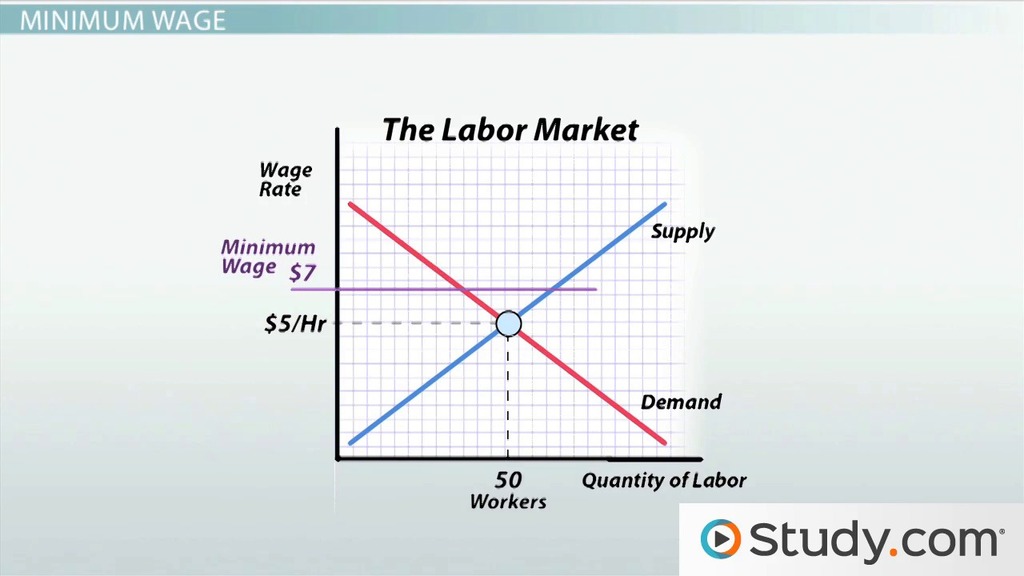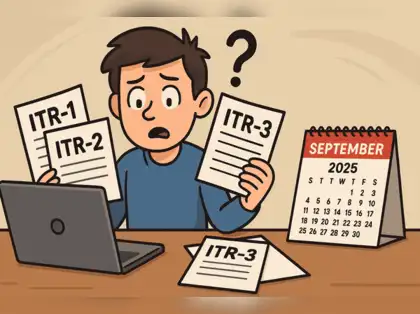Benefits of Increasing Minimum Wage
Increasing the minimum wage is a topic of great importance and debate in today’s society. In this article, we will explore the various benefits that come with raising the minimum wage. By providing a comprehensive analysis of these advantages, we aim to shed light on the positive impact that increasing the minimum wage can have on individuals, families, and the overall economy.
Improved Standard of Living
One of the primary benefits of increasing the minimum wage is the potential to improve the standard of living for low-wage workers. By raising the minimum wage, individuals and families who rely on these wages can experience an increase in their income, allowing them to afford necessities, such as food, housing, and healthcare.
With a higher minimum wage, workers can have a better quality of life and reduce their reliance on public assistance programs. This, in turn, can lead to a decrease in poverty rates and an overall improvement in societal well-being.
Reduced Income Inequality
Increasing the minimum wage can also contribute to reducing income inequality within society. By providing fair compensation to low-wage workers, it helps bridge the gap between the rich and the poor. This can lead to a more equitable distribution of wealth and a decrease in the wealth gap.
Studies have shown that when the minimum wage is increased, the income of low-wage workers rises, while the income of high-wage workers remains relatively stable. This narrowing of the income gap can foster a sense of social cohesion and promote a more balanced society.
Boost to Consumer Spending
Another significant benefit of increasing the minimum wage is the potential boost to consumer spending. When low-wage workers receive higher wages, they have more disposable income to spend on goods and services. This increased spending can stimulate economic growth and benefit local businesses.
As low-wage workers have a higher propensity to consume, the increased demand for goods and services can create a positive multiplier effect on the overall economy. This can lead to job creation and further economic expansion, benefiting both businesses and individuals.
Improved Productivity and Employee Morale
Raising the minimum wage can also have a positive impact on productivity and employee morale. When workers are paid a fair wage, they are more motivated and satisfied in their jobs. This can lead to increased productivity, as employees feel valued and are more likely to put in their best effort.
Additionally, higher wages can attract and retain talented individuals, reducing turnover rates and recruitment costs for businesses. This stability and continuity in the workforce can enhance overall productivity and contribute to the long-term success of organizations.

In conclusion, increasing the minimum wage can bring about numerous benefits for individuals, families, and the economy as a whole. By improving the standard of living, reducing income inequality, boosting consumer spending, and enhancing productivity and employee morale, raising the minimum wage can create a more equitable and prosperous society.
Frequently Asked Questions
1. What is the minimum wage?
The minimum wage is the legally mandated lowest hourly wage that employers must pay to their employees.
2. How does increasing the minimum wage benefit workers?
Increasing the minimum wage can provide workers with higher earnings, reducing income inequality and helping them meet their basic needs.
3. Does increasing the minimum wage lead to job losses?
Studies have shown that modest increases in the minimum wage do not lead to significant job losses, and can even stimulate economic growth by boosting consumer spending.
4. How does raising the minimum wage affect poverty rates?
Raising the minimum wage can help reduce poverty rates as it lifts many low-wage workers out of poverty and reduces their reliance on government assistance programs.
5. What impact does increasing the minimum wage have on small businesses?
While some small businesses may face challenges in adjusting to higher labor costs, studies have shown that the overall impact on small businesses is minimal, and increased consumer spending can benefit them in the long run.
6. Does increasing the minimum wage lead to inflation?
Research suggests that moderate increases in the minimum wage do not lead to significant inflationary pressures, as businesses can absorb the higher labor costs through various means.
7. How does increasing the minimum wage promote economic growth?
By putting more money in the hands of low-wage workers, increasing the minimum wage can stimulate consumer spending, which in turn drives economic growth and job creation.
8. Does increasing the minimum wage benefit only low-wage workers?
No, increasing the minimum wage can have a ripple effect, benefiting workers earning slightly above the minimum wage as well, as employers adjust their pay scales to maintain wage differentials.
9. How does increasing the minimum wage reduce income inequality?
Increasing the minimum wage helps narrow the income gap between low-wage workers and higher-income individuals, promoting a more equitable distribution of wealth.
10. What are the long-term benefits of increasing the minimum wage?
Increasing the minimum wage can lead to improved worker productivity, reduced turnover, increased worker morale, and overall economic stability.




